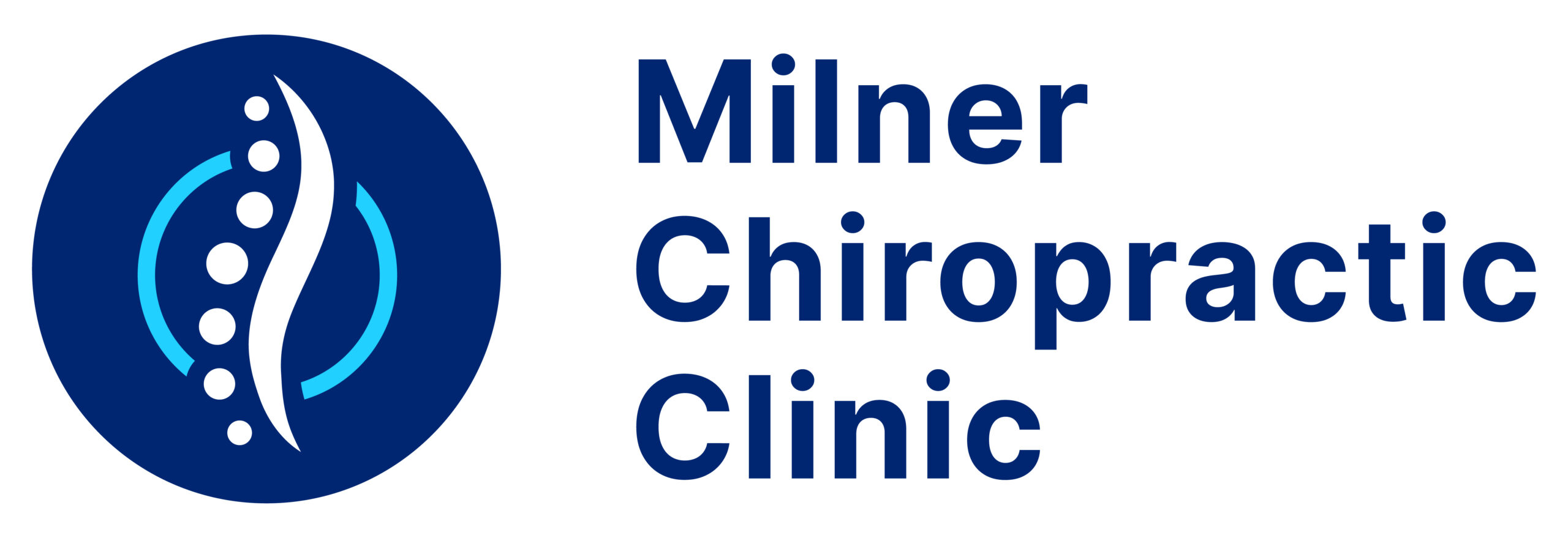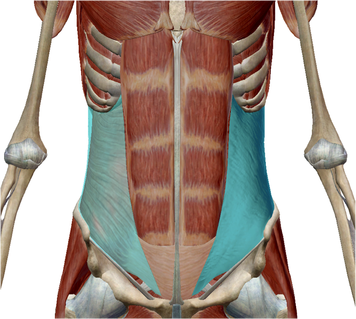Most people’s idea of the core comes from gym class: doing 30 sit-ups in a row, holding a plank as long as possible. But as you can guess it’s more complicated than this. From a functional standpoint your core is much more than your six-pack. It essentially includes any muscle that moves and stabilizes the trunk. This includes what has been described as the core ‘engines’ which include:
- The abdominal corset muscles
- The hip complex
- The shoulder complex
Quite simply this entire area of the body serves as the center of your kinetic chain universe. It’s the foundation and the ‘engine’ of all limb movement. If you have great control of this anatomical powerhouse it has awesome consequences from MLB pitcher, to grandpa:
- Reduced injury risk to the low back, arm and leg
- Increased strength transfer in activities
- Greater athletic performance and efficiency
The key term we use is ‘Control’. From the shoulder to torso to hips, we want that nice combination of ‘strength and flexibility’. Being able to co-ordinate these components into one fluid act is the true ‘CORE.’ It allows the transfer of kinetic energy from one part of the body to the other.
Over the next 2 posts we’ll go over the core ‘engines’ that drive our movement and some simple exercises you can use for each.



